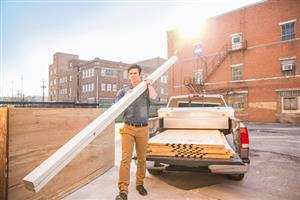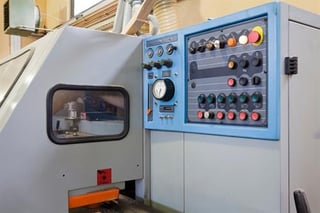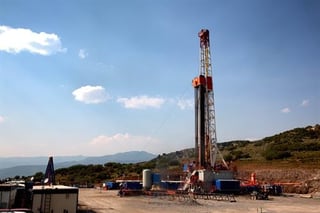
We've all heard of problems businesses may have due to obsolete equipment. But what many companies don't realize is that there is a big difference between a piece of equipment being economically obsolescent and reaching functional obsolescence. But what's the overall difference between these two major types of obsolescence and what do you do when you have equipment that breaks down or wears out and becomes functionally obsolete? Here's a quick look at how it works out in equipment appraisal.
Used up and worn out: Dealing with functional obsolescence in equipment
Functional obsolescence is defined as the loss of value and usefulness of a piece of equipment which is caused by the machinery's lack of efficiency, inadequacies or high cost of maintenance and repair. In general, it's typically reached when a piece of equipment becomes more expensive to repair or maintain it than to replace it. But how does that work?
As a quick example, consider a vehicle. It's purchased with the understanding that at some point it will need to be replaced. As the years roll by, more repairs are required to keep the vehicle operating reliably. Eventually, the cost of these repairs will exceed the cost of purchasing a newer vehicle. Another example could entail the need for a more fuel-efficient vehicle. If the current vehicle only gets five miles per gallon and a newer model would get 20 miles per gallon, the cost of operation is the key factor in terms of when to replace the equipment for a more efficient model.
But what causes machinery to become functionally obsolete? Newer, more efficient technology may gain ground and come down in price, making the cost of acquisition much lower than in the past. This makes it possible to replace the equipment because of the reduced cost of waste. If it's caused by machinery breaking down, that can be caused by operating it in a state of over capacity, which wears the machinery at a faster pace than normal. In general, this is caused by purchasing machinery that is not suited to the task at hand or having to make increased demands on it after the initial investment. If innovations in the market provide new features that become necessary for modern operation practices, this can also make the machinery functionally obsolete.
Unfortunately, when you have a piece of equipment that has become functionally obsolete, it can create problems with your business' accounting and overall financial standing. If the machinery has not yet been fully depreciated, it may be showing a higher value than what it's actually worth at this point. If you have to deal with legal issues, the other side of the case may look at these values and claim that your company has a higher value than is reasonable. Having an equipment appraisal helps you document the machinery's actual value.
Though having equipment reaching functional obsolescence isn't a goal any business tends to make, it's one that many companies end up facing at some point or another. By taking the time to learn how to deal with the issue when it arises, you can make better decisions for your company and your remaining assets. Being able to document the final value of functionally obsolescent machinery can make a huge difference on your accounting and helps provide a more accurate overall picture of your business' financial health.




